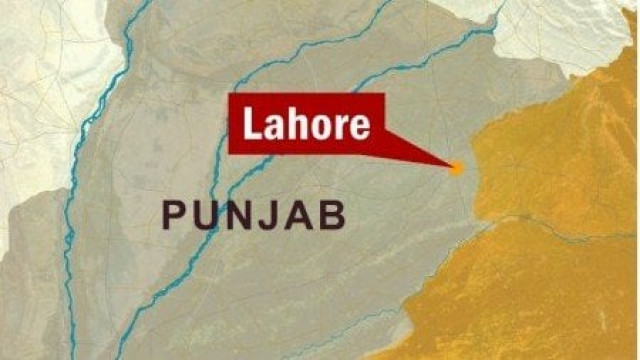ACE statistics belie Transparency findings

However, the statistics issued by the Anti Corruption Establishment (ACE) contradict the findings of the TI report.
The ACE report states that 28,083 complaints of corruption, embezzlement of funds and abuse of authority were received against provincial government employees in 2009. On the contrary, the number of such complaints in 2008 was 24,171 –3,912 more corruption cases in 2009.
The breakdown of complaints received in 2009 is:
5,270 complaints were received at the ACE headquarters, 3,532 in Lahore region, 2,880 in Gujranwala region, 1,254 in Rawalpindi region, 3,039 in Faisalabad region, 2,129 in Sargodha region, 5,657 in Multan region and 4,322 in Bahawalpur region.
The ACE report shows that two southern districts of the province, Multan and Bahawalpur, were leading, while the garrison town, Rawalpindi, had the least number of corruption complaints during the last year.
Most of the complaints have been filed against the Police department, followed by the Revenue, the Local Governments and the Community Development departments.
The ACE initiated inquiry on 16,000 complaints. It has so far disposed of 15,264 and registered 2,721 criminal cases under section 5 of the sub-section 2 of the Prevention of Corruption Act of 1974. In 2008, the ACE registered 1,946 cases, 755 less than the 2009 figure.
According to section 6 and 7 of the ACE Rules of 1985 (amended), it is mandatory to conduct an inquiry on every complaint and if the charges are proven correct a criminal case should be registered against the delinquents.
The ACE arrested 1,183 officials including 104 gazette officials in 2009. The arrests figure for 2008 and 2007 was 1,212 and 850 respectively.
The government allocated Rs329.92 million in last year’s budget for the ACE. The allocation for the ACE in 2008-09 budget was Rs298.342 million.
The government reserved Rs47.69 million in last year’s budget for the salaries of the special judges of the Anti Corruption Courts (ACC) –responsible for judicial proceedings against the corruption suspects. The total staff of these courts is 98. It includes nine judges and 89 subordinate staffers.
In a controversial move in October 2009, the ACE barred private complainants from filing corruption cases against public officials.
The decision was taken by the new ACE DG, Kazim Ali Malik, who was appointed on contract in relaxation of the re-employment policy of 2003 and the contract appointment policy of 2004.
Malik’s ruling stated that private complainants should instead approach relevant authorities with their complaints.
The decision violated section 6 of the ACE Rules of 1985, which says, “The establishment would receive complaints against public servants from head of government departments, general public and other reliable sources.”
The decision stopping private complainants from approaching the ACE may have been meant to suppress the number of corruption complaints, a CM’s secretariat official suggested.
With fear of prosecution gone, a number of police and revenue officials protected by their immediate bosses were left free to do whatever they pleased.
Rather than being prosecuted they managed to get away with inquiries and disciplinary action within the department, an ACE official said on conditions of anonymity.
Dr Saleh Tahir, the ACE additional director general, told The Express Tribune that the rise in the number of complaints was not enough in itself to conclude that corruption had increased in the province. It may mean that the people were more aware that they could prosecute corrupt officials.
Published in the Express Tribune, June 11th, 2010.



















COMMENTS
Comments are moderated and generally will be posted if they are on-topic and not abusive.
For more information, please see our Comments FAQ